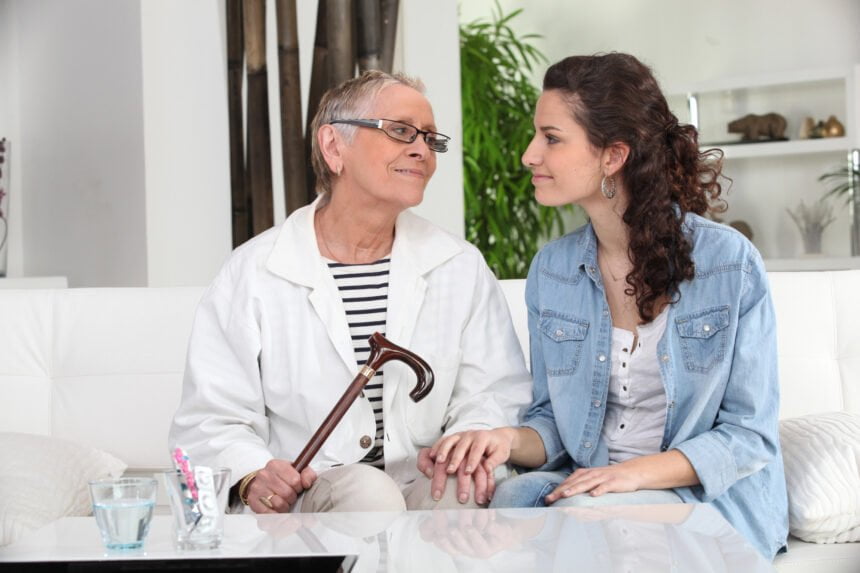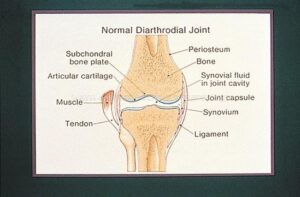When you think about the word “companionship”, what comes to mind? Friendship. Fellowship. Community.
As we age, circumstances that limit our ability to get together with friends, travel, or drive a car often results in losing touch. For many seniors, companionship care fills a gap created by growing older. It provides a crucial link for seniors who live alone and may be isolated from others. Companion Care is an ideal solution for a senior who would otherwise spend most of the day alone and for those who require light assistance.
When you think about the word “companionship”, what comes to mind? Friendship. Fellowship. Community.
As we age, circumstances that limit our ability to get together with friends, travel, or drive a car often results in losing touch. For many seniors, companionship care fills a gap created by growing older. It provides a crucial link for seniors who live alone and may be isolated from others. Companion Care is an ideal solution for a senior who would otherwise spend most of the day alone and for those who require light assistance.
As the name implies, companion care is about providing seniors with emotional support and encouragement to stay as healthy as possible. It’s designed for seniors who are generally healthy and who want to remain independent at home. They help their clients stay mentally healthy and alert by engaging in conversation and by assisting and encouraging them to be as physically active as possible. In fact, studies show seniors who engage in mentally challenging leisure activities are less likely to develop dementia.
Companion Care provides a valuable social benefit by decreasing isolation and helping to reduce depression from being alone. Companion Care also provides invaluable peace of mind to the senior’s family and loved ones by offering information and respite for caregivers.
What is the role of a senior companion?
Senior Companions assist others to maintain the highest level of dignity and independent living possible. Companions help out homebound adults by assisting with a range of activities such as shopping, chores, interacting with doctors, or just making a friendly visit.
These non-medical services help make a senior’s life more manageable. Senior companions are essential “eyes and ears” to family members and supporting agencies involved with the senior. Most importantly, they act as a friend who listens and cares.
Senior companion can offer assistance in various ways:
Household
- Pay bills
- Grocery shopping
- Meal preparation
- Light housekeeping and small repairs (fixing a light bulb)
- Assist with pet care
- Help write letters
- Help fill out forms and applications
Personal Assistance
- Find transportation to medical appointments
- Help with planning and keeping appointments
- Medication reminders
- Keep a watchful eye and assist with safety
- Assist with daily routines such as getting out of bed and getting in and out of the car
- Help pick out clothing
Social
- Contact with the outside world
- Engage in meaningful conversation and reminiscence
- Help with planning and transportation to social outings
- Take incoming phone calls
- Participate in recreational activities – playing cards, board games, scrap booking
- Reading aloud
- Take walks or exercise together
- Interact with family members to keep them abreast of their loved one’s condition.
Be mindful that a senior companion is not meant to replace family, home health care workers, or maintenance professionals. Senior companion are inappropriate and should not be used as emergency contacts, acting as a legal representative, or to borrow money.
Who Provides Companion Services?
The Senior Companion Program brings together volunteers age 55 and over with adults in their community who have difficulty with the simple tasks of day-to-day living. Today, approximately 12,000 Senior Companions are serving 37,000 individuals in communities across the United States. Services are provided at no charge.
Other ways to find a senior companion include:
- Certified Home Care Agencies and Hospice Agencies provide senior companion services. These agencies are strictly regulated by the federal government.
- Non-certified (and non-licensed) agencies provide nonmedical home services.
- Independent contractors are self-employed and are hired directly by the family. These caregivers are usually not licensed.
Senior companions assist their adult clients in basic but essential way: by adding richness to their clients’ lives. Has your family been helped by senior companion care?








